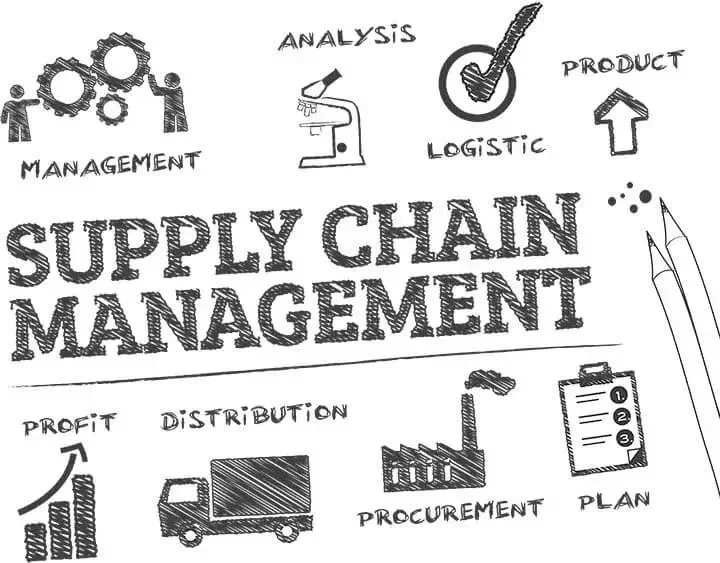Supply chain management involves an active effort to create and execute a company's supply chain—everything from product design to end-user delivery—in the most efficient way possible. To do this effectively, companies often use specially designed software that helps them manage not just the flow of supplies or products but also related data and finances.

Today, more and more organizations are focused on sustainable supply chain management, with the emphasis on “sustainable," the au courant buzzword for “green," “eco-friendly," or “environmentally conscious." And while sustainability in the supply chain is trending, it's not a passing fad. It's quickly becoming a necessity for modern businesses.
“It will reduce costs, make companies more profitable, and help the environment," says Patrick Penfield, professor of practice, supply chain management, at Syracuse University's Martin J. Whitman School of Management in Syracuse, N.Y.
Customers want and expect sustainable practices
Just as important as saving money, your customers want sustainable products.
According to the CGS 2019 Retail and Sustainability Survey, more than two-thirds of respondents take a company's sustainable practices into account when making a purchase. They're also willing to pay more for those sustainable products that are important to them.
This translates to sales. According to Nielsen research into U.S. consumer purchasing habits for three product categories, sales of items with certain sustainability claims grew faster than each of the total categories.
Sustainable supply chain management can save money
In addition to spurring sales, looking for ways to embrace sustainability helps companies save on energy, materials, and transportation. Whether it's switching to electric-powered vehicles or funneling rain runoff into the landscaping, efforts typically pay off by reducing expenses.
But what does sustainable supply chain management mean for small businesses? Going green can involve anything from reducing the amount of packaging to sourcing locally or using sustainably harvested or manufactured materials.
It's about reducing your company's carbon footprint, then communicating what you're doing to your target market. (Just make sure that your supplier upholds their commitment to staying sustainable by stating so in the product supply agreement.)
Look to innovators for inspiration
Here's what this type of strategic supply chain management looks like for some small businesses:
- Toronto's Farmhouse Tavern restaurant cuts food waste by making sure perishable foods are gone by the time the last meal is served on Sunday. It does this in part by offering discounted food and drink items that day.
- After Dean's Natural Foods, a small New Jersey organic market chain, tested energy-efficient LED lighting in one store, it began converting its other locations. Four of the chain's five stores now use LED lights.
- To be certain that Celebriducks was using baby-safe, non-PVC materials in its popular rubber ducks, the company moved all manufacturing from China to the U.S. so it could have full transparency in its supply chain. Its classic The Good Duck products are considered the safest baby-teething ducks in the country.
Penfield says that the cost of transitioning to a sustainable supply chain can keep some businesses from making the shift. He recommends looking at government programs and grants that can help reduce the costs involved.
“Look to your business customers for help, too," he says. “The big companies you work with might be willing to help you become more sustainable, but you have to ask."

